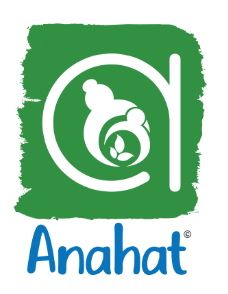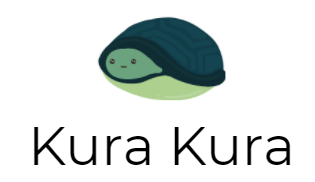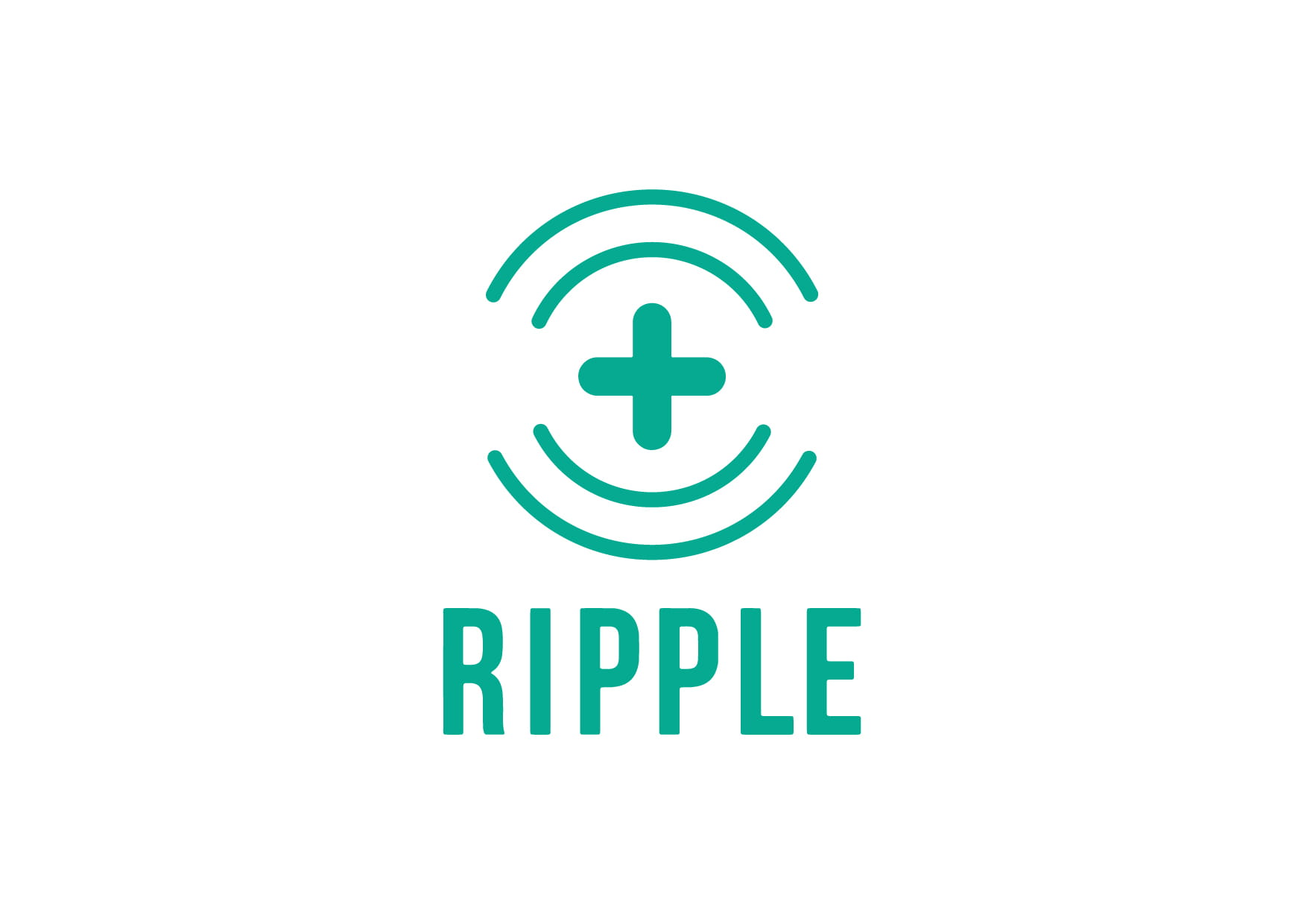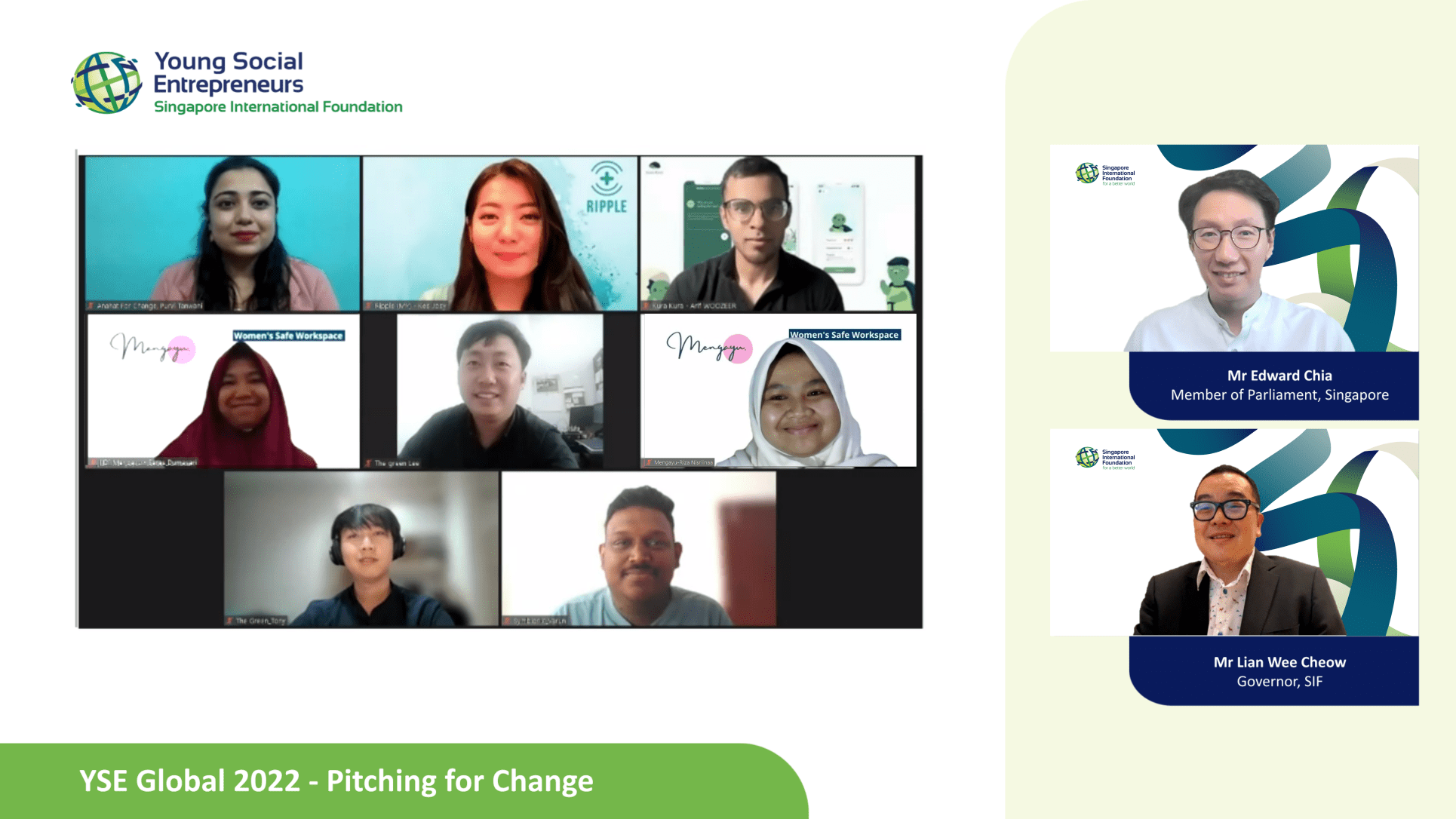
Purvi Tanwani
Anahat For Change Foundation is a non-profit with sustainability at its core, that aims to empower women through skills development and livelihood generation. It works with urban and rural communities to raise awareness on menstrual health and hygiene, sexual reproductive health rights as well as personal safety education for children. Anahat also produces its own brand of menstrual pads and baby care products under the name 'Anahat Unnati'. These affordable and sustainable products are made by the women beneficiaries Anahat employs.

Kura Kura (Singapore)
Arif Woozeer
Kura Kura is a mobile application that gamifies reflective journaling practices, while providing an avenue for users to support one another in their journey towards mental wellness.

Mengayu (Indonesia)
Riza Nisriinaa; Saras Dumasari
Mengayu aims to empower vulnerable women – victims of domestic and dating violence, as well as those who have lost their jobs during the Covid-19 pandemic. It provides them with job training and safe working spaces to help them regain their confidence and become financially self-sufficient.

Kee Joey
Ripple Community aims to provide affordable and accessible behavioural healthcare to individuals with mental health and special needs, while raising awareness through community and advocacy work. It provides online and in-person services through a multidisciplinary care team, utilising intervention methods that are evidence-based and family-focussed. It is also developing an app that can provide a holistic support system to its clients.
Symbionic Tech (India)
Varun Iyer S.
Symbionic aims to enable lives through the building of high-tech but affordable bionics. It hopes to help people with limb differences achieve functional independence while feeling more confident about themselves. At the same time, it hopes to make assistive technology more accessible to the general population.

The Green (South Korea, Laos)
Jaewon Lee; Soukthavy Sisouphanh; Bounpaseuth Southammakoth
The Green aims to create stable incomes for small farmers in Laos through the use of easily-accessible, carbon-reducing agricultural technology. This will enable them to produce and sell their own food in an efficient and profitable manner. With 70% of the Lao population working in the agriculture industry, such technology can also prevent the livelihood of farmers from taking a hit with the worsening climate crisis.
